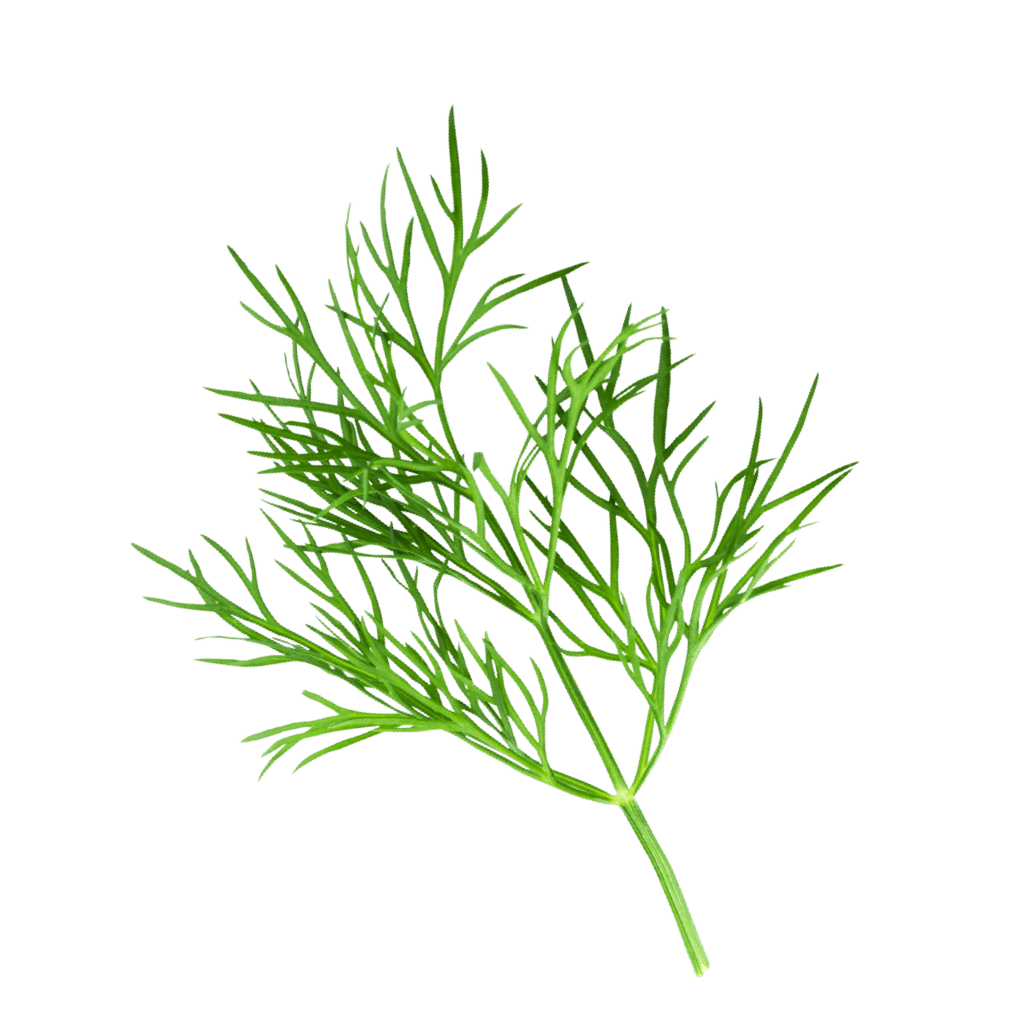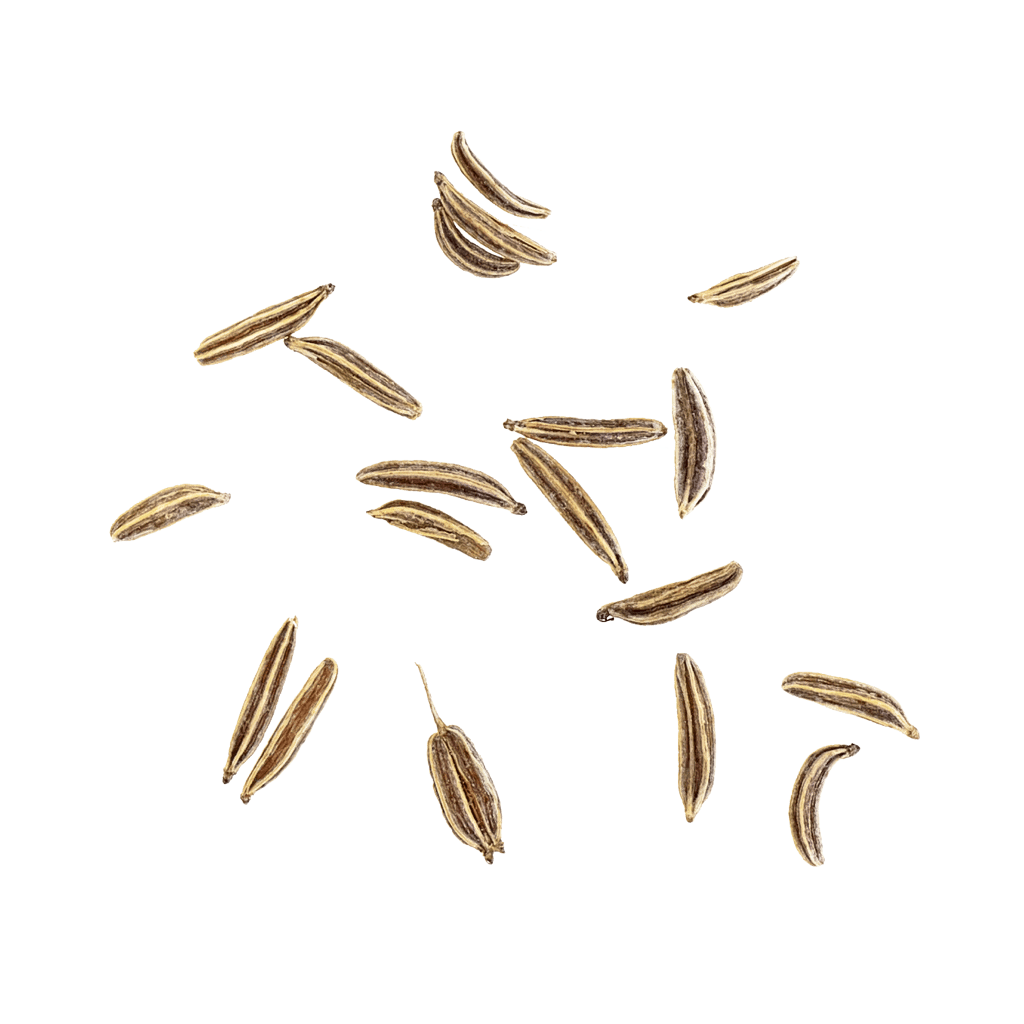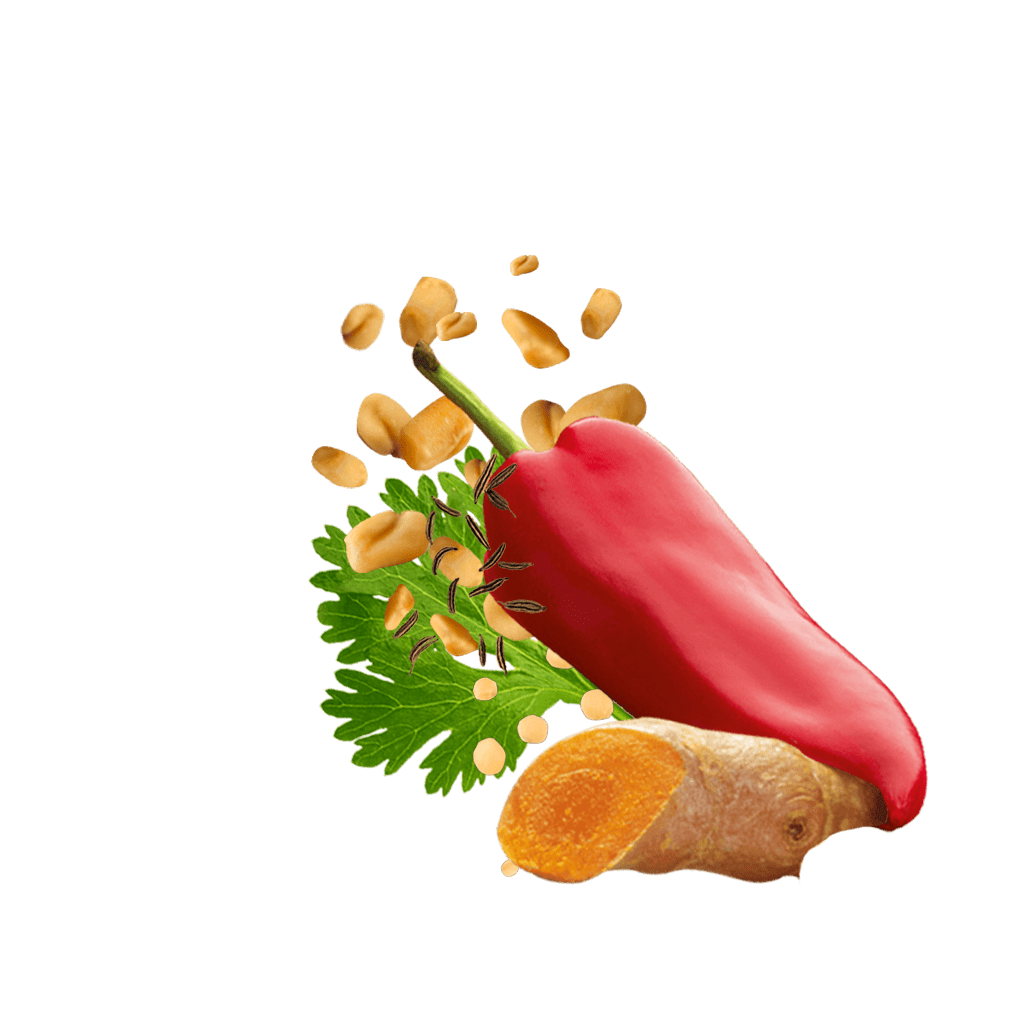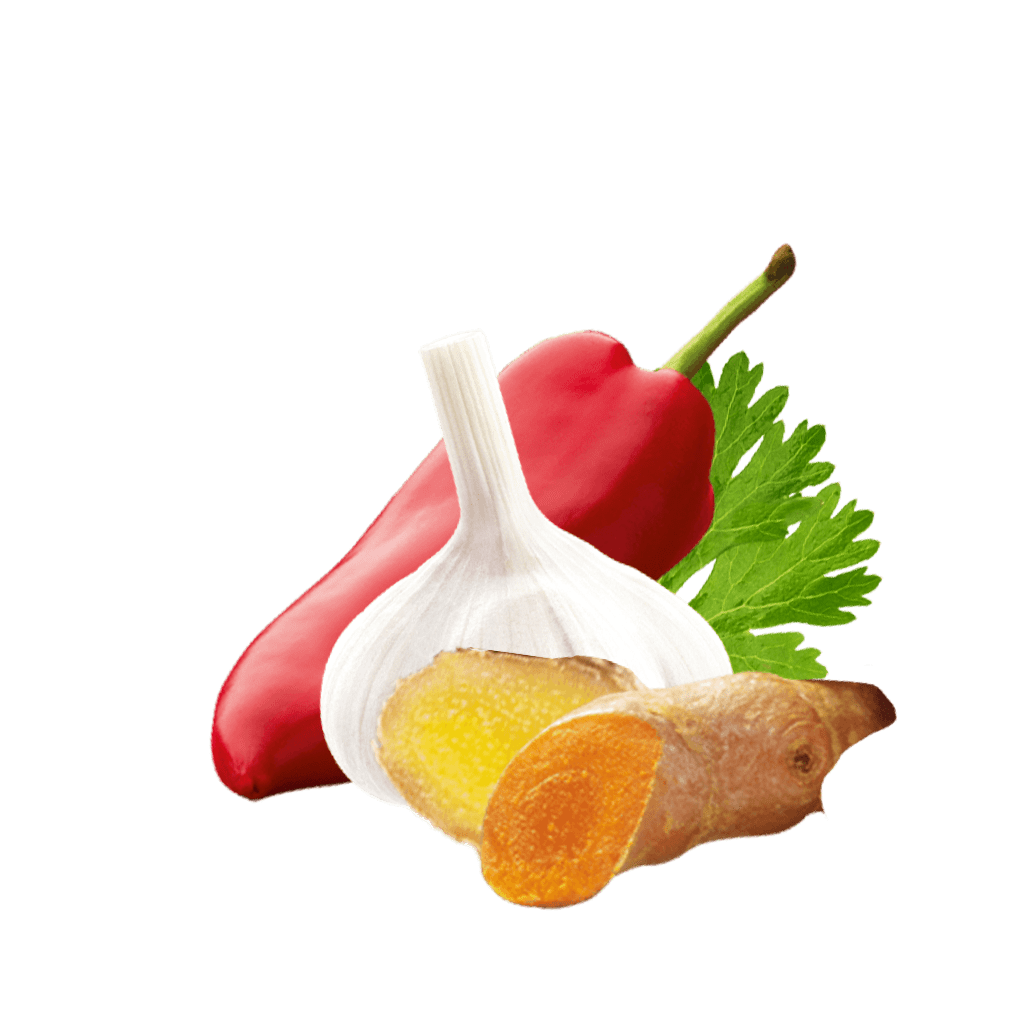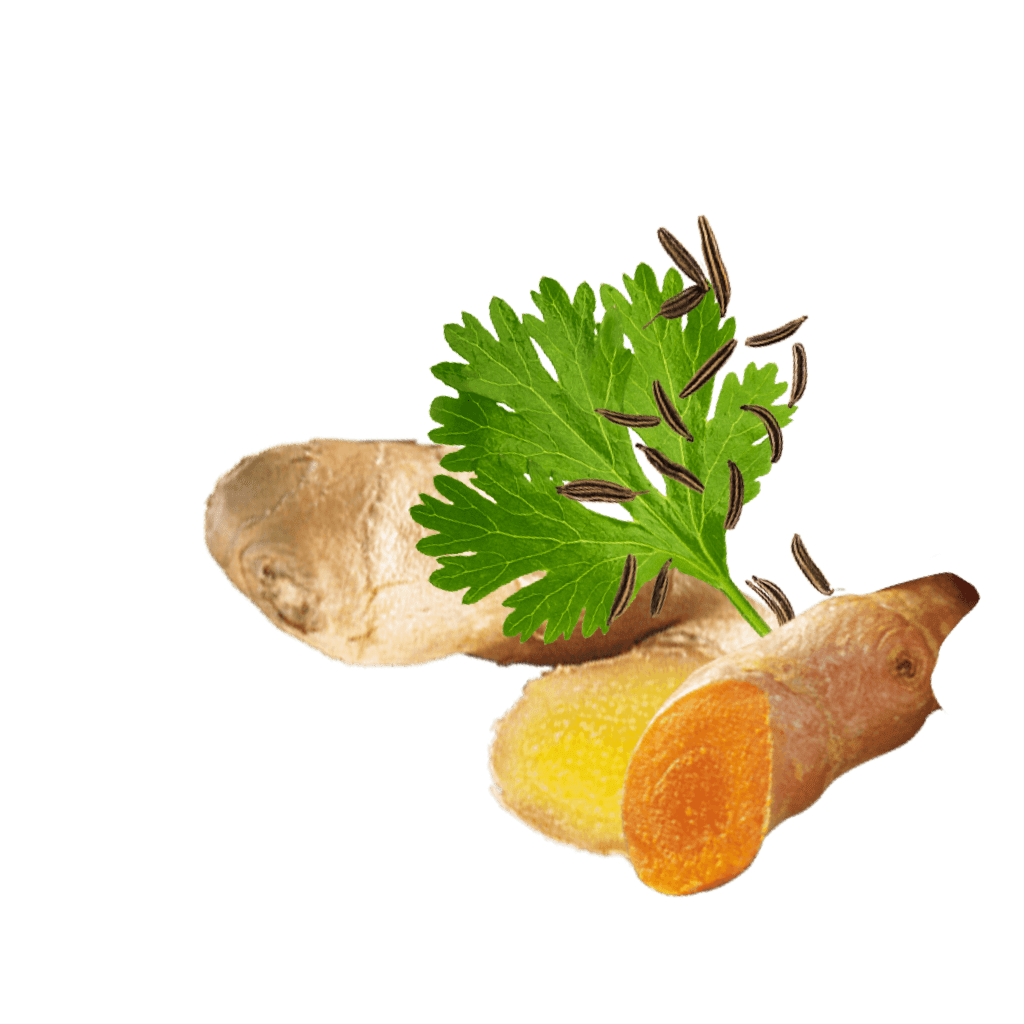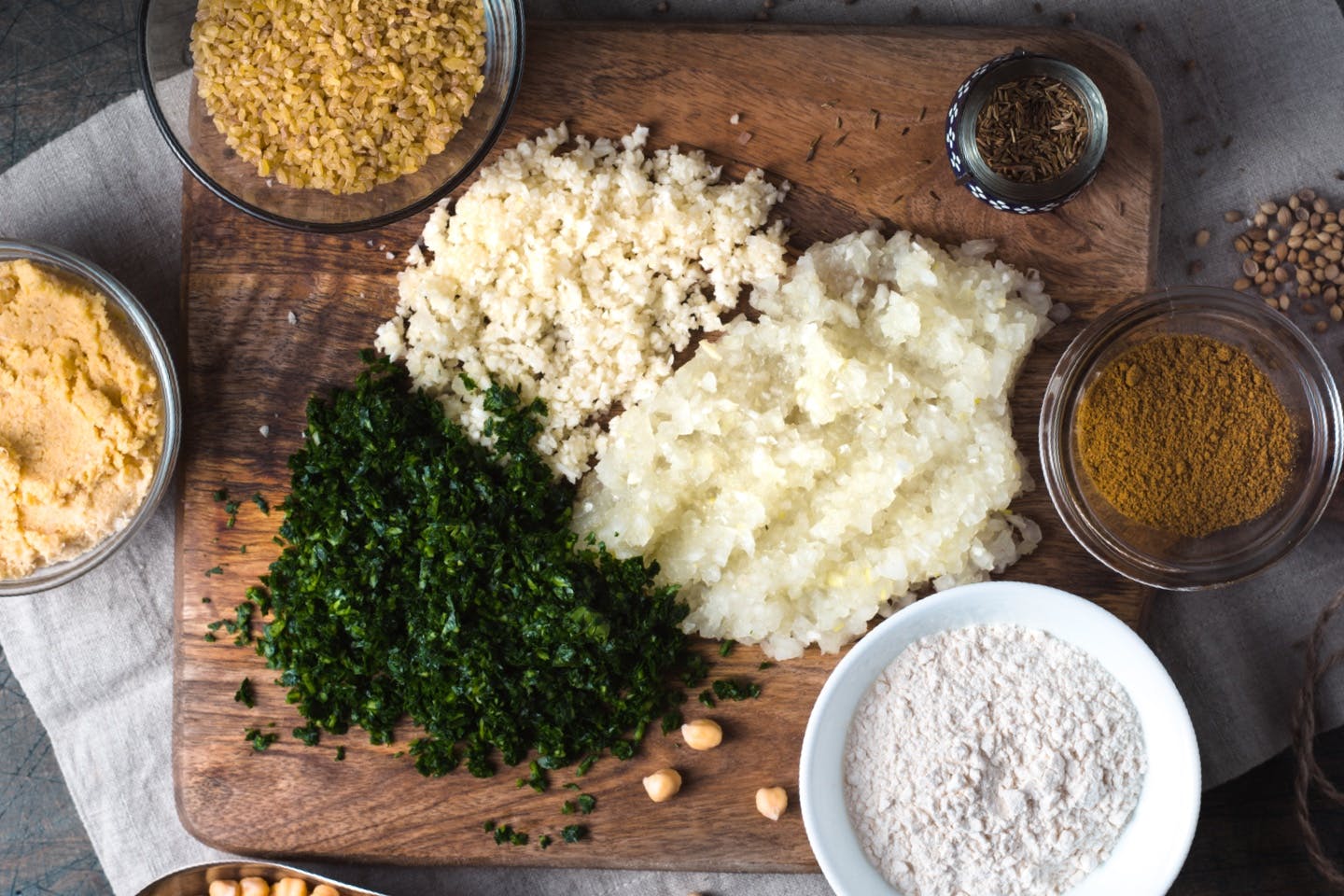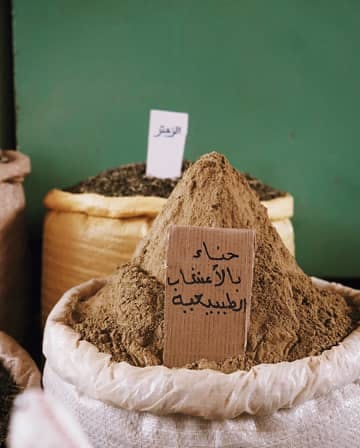Cumin
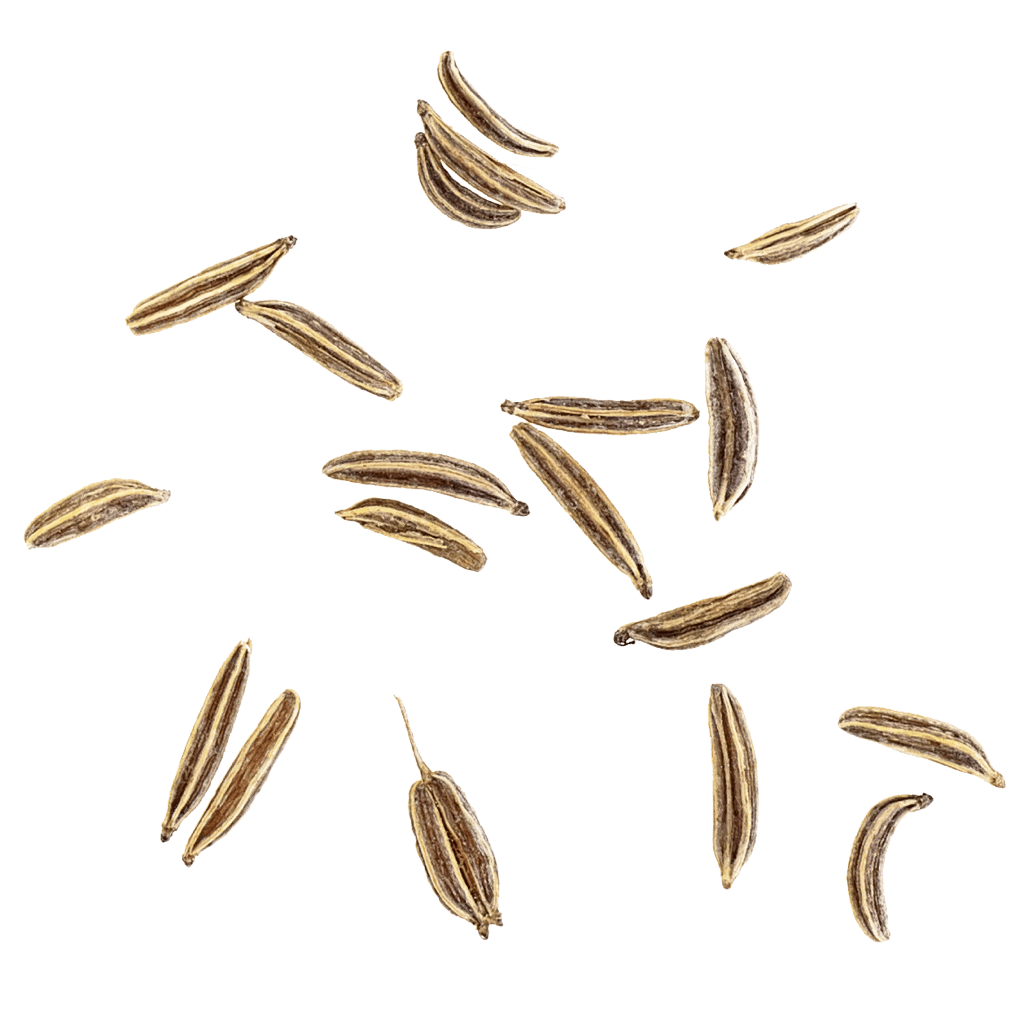

Cumin has long been treasured for its strong, slightly bitter yet sweet flavor — even back in the days of the ancient Egyptians. The seeds are perfectly suited to seasoning Indian dishes.
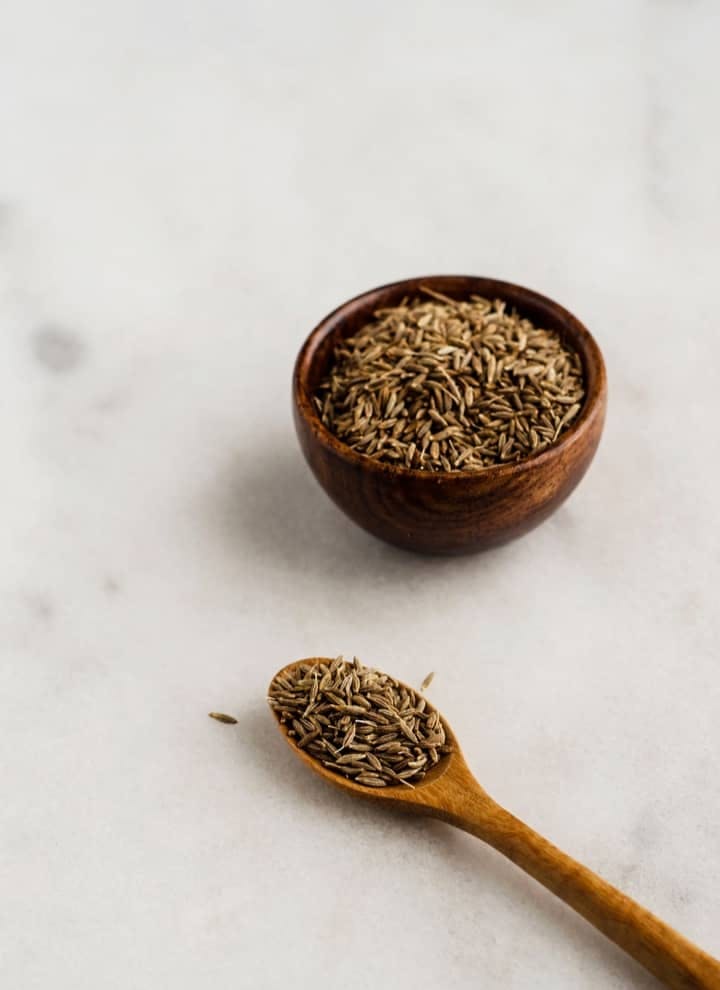
Cumin as a Spice
Dried cumin has a uniquely pungent, spicy yet sweet flavor with a slightly bitter heat. The flavor of cumin is akin to anise, and it is also related to this spice. The dried seeds of the cumin plant are used as a spice. The only thing that cumin has in common with caraway is its appearance — the two spices have a very different taste. Cumin has been used for over 5000 years, making it one of the oldest spices in the world. Even back in ancient Egypt, cumin was left as a burial object in the pyramids.
Products Containing Cumin
Currently Viewing: 1 of 0
Usage
Cumin can be combined with most spices, but its flavor goes particularly well with garlic, chili, paprika, onion and olive oil. It should be used sparingly as it has a very intense flavor. Whole cumin is slightly milder than the ground variety. Today, cumin is primarily associated with India. And rightly so — it’s a staple ingredient in many Indian curry and seasoning mixes like tikka masala and can also be found in the popular yogurt drink lassi. Cumin is also perfect in pork and chicken dishes, with fish and sausages and in vegetable and potato dishes.
Tip!
To neutralize its somewhat bitter taste, toast cumin in a dry pan — this also helps to bring out its slightly nutty flavor.
Related recipes
Currently Viewing: 1 of 0
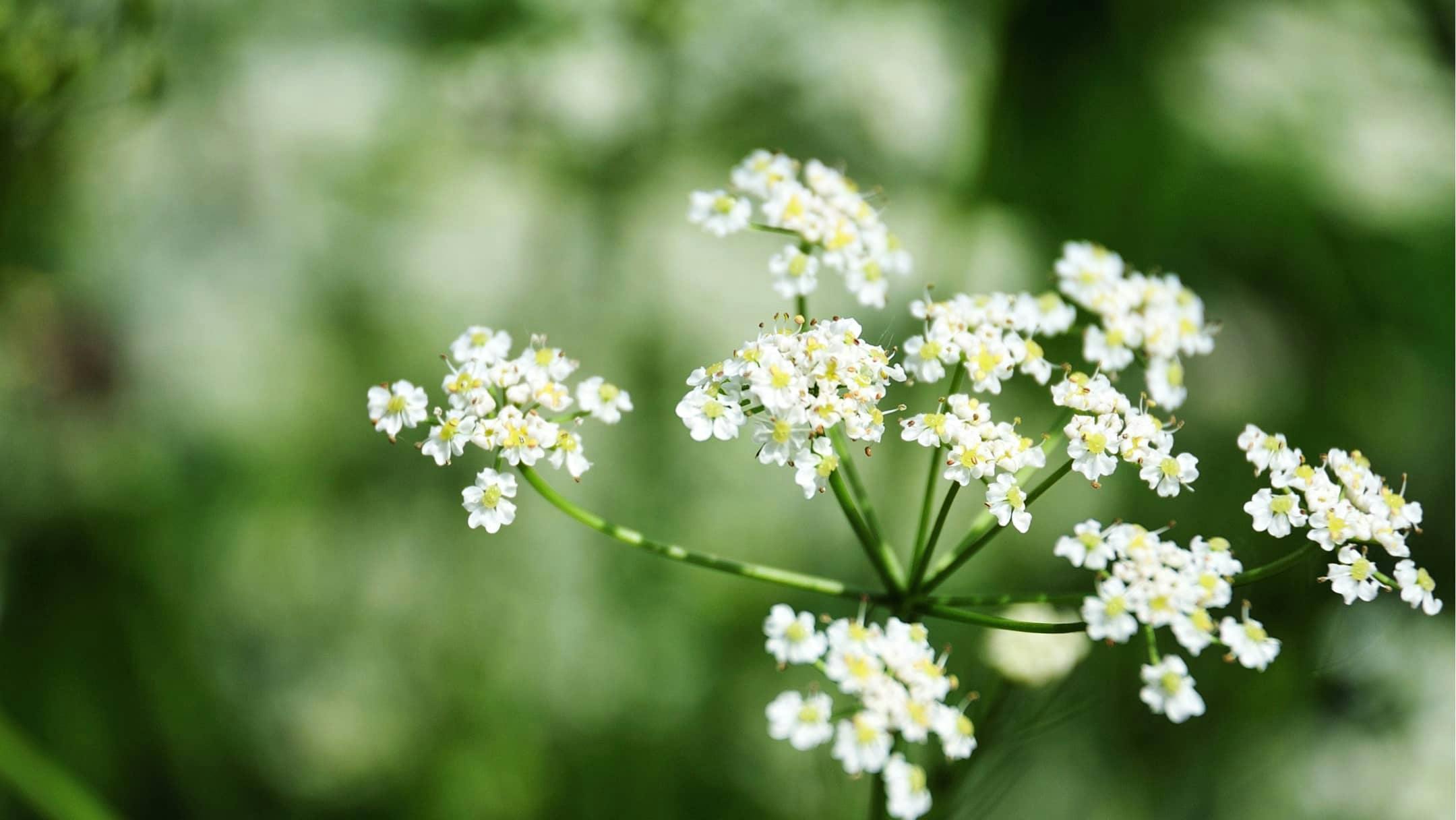

The Plant
This annual plant has white or pink flowers and grows to around half a meter tall. The seeds used as the spice are harvested around four months after sowing. Cumin is related to anise, dill, fennel and caraway (it is also frequently confused with caraway). Black cumin is a rare variety of cumin from Kashmir, Pakistan and Iran. It is not related to nigella, which is sometimes also referred to as black onion seeds, black caraway or black cumin.
Factbox
- Scientific Name
- Cuminum cyminum
- Family
- Parsley family (Apiaceae)
- Other Names
- Jeera, white cumin
- Origin
- Eastern Mediterranean region
Discover more
Dill
